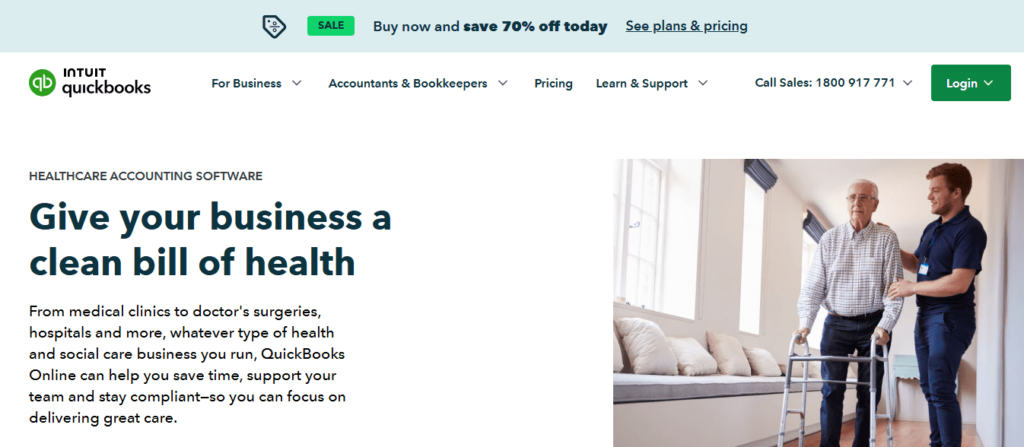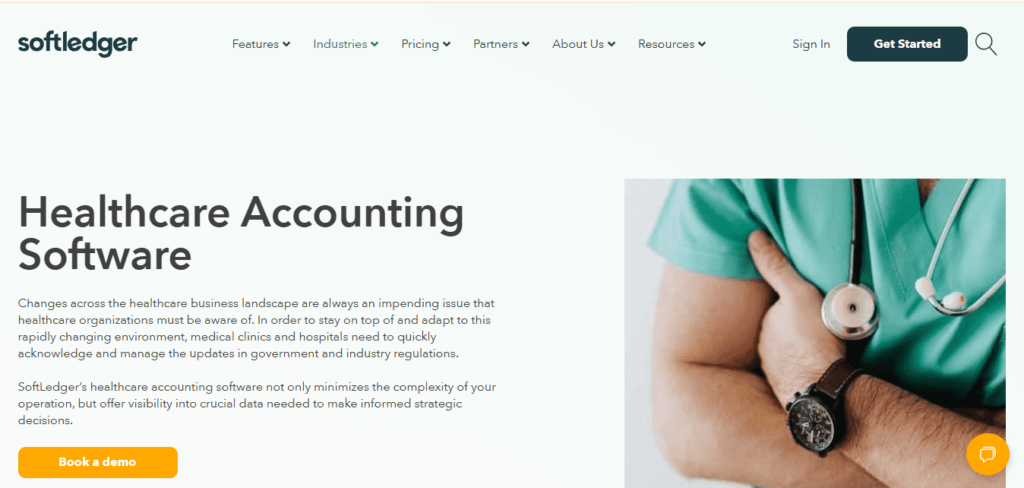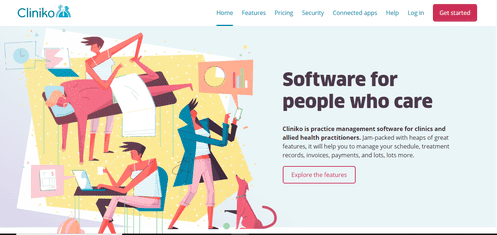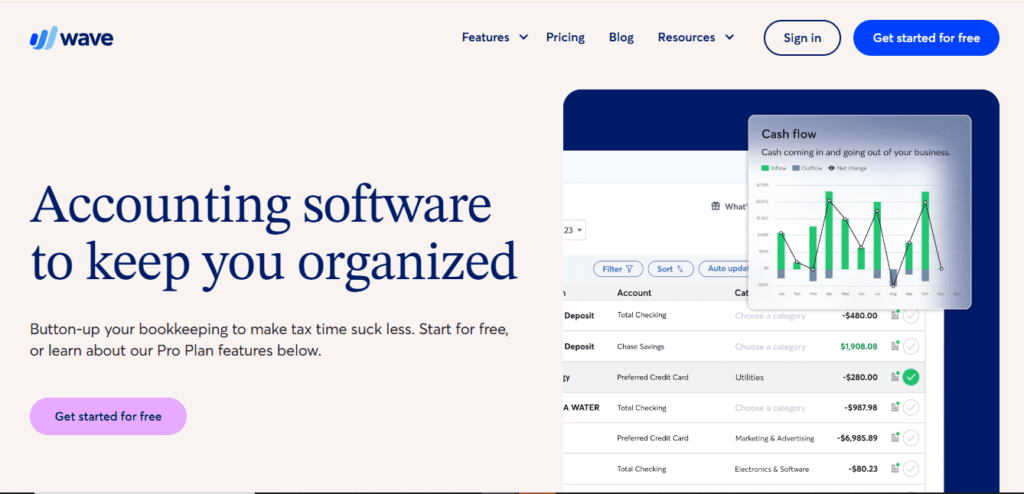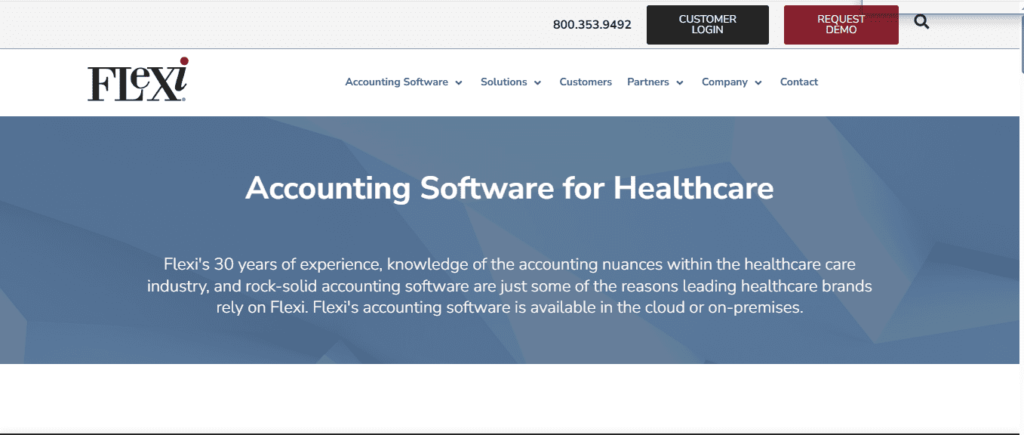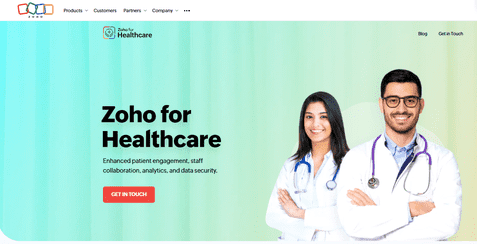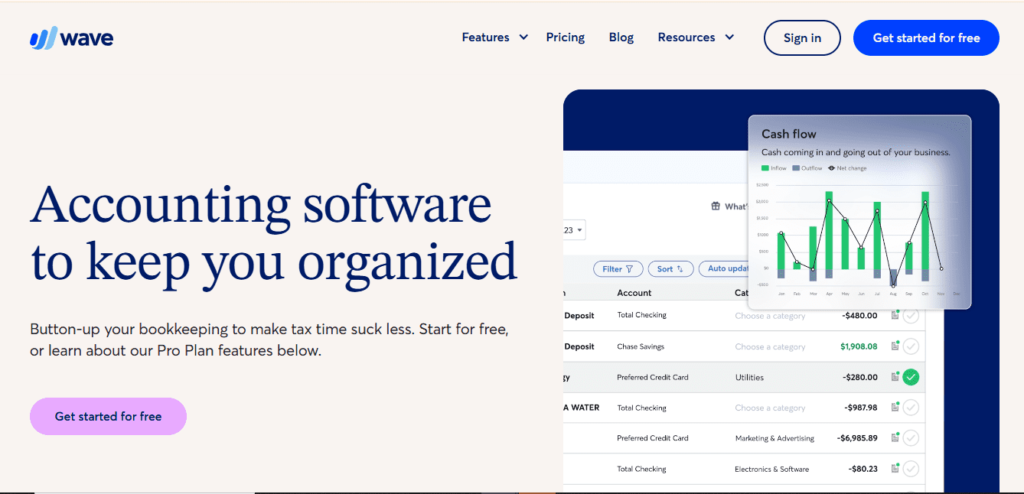Top 10 Best Accounting Software for Medical Practices
The healthcare industry might be about saving lives but it is still a business that needs proper accounting software to ensure efficient financial management, compliance with regulations, and seamless integration with other healthcare systems. Accounting software for medical practices helps manage financial tasks efficiently, ensuring the practice operates without disruptions. It includes features specifically built for healthcare providers, making billing, invoicing, and expense tracking easier to handle.

The healthcare industry includes various organizations with unique financial needs. Hospitals, clinics, dental practices, nursing homes, home healthcare services, life sciences firms, and medical device manufacturers must manage finances efficiently. To help, we compiled a list of the top 10 accounting software options. This guide covers key features benefits, and cons to simplify your decision.
Top 10 Best Accounting Software for Medical Practices
1. Sage

Sage is a cloud-based accounting software built for the healthcare industry, helping hospitals, clinics, and nonprofit healthcare organizations manage their finances effectively. Its dimensional reporting simplifies complex financial data into clear, easy-to-read charts of accounts. The software also supports multi-entity and multi-location management, making it easier to consolidate financial reports across different branches. Since it operates entirely in the cloud, users can check their data and insights from any location whenever they need to.
Features
- Manages multiple entities within a single system
- Prioritizes regulatory compliance
- Ensures HIPAA compliance with detailed audit tracking
Pros
- Well-suited for large hospital accounting needs
- Offers in-depth financial reporting
- Allows extensive customization to fit specific requirements
Cons


